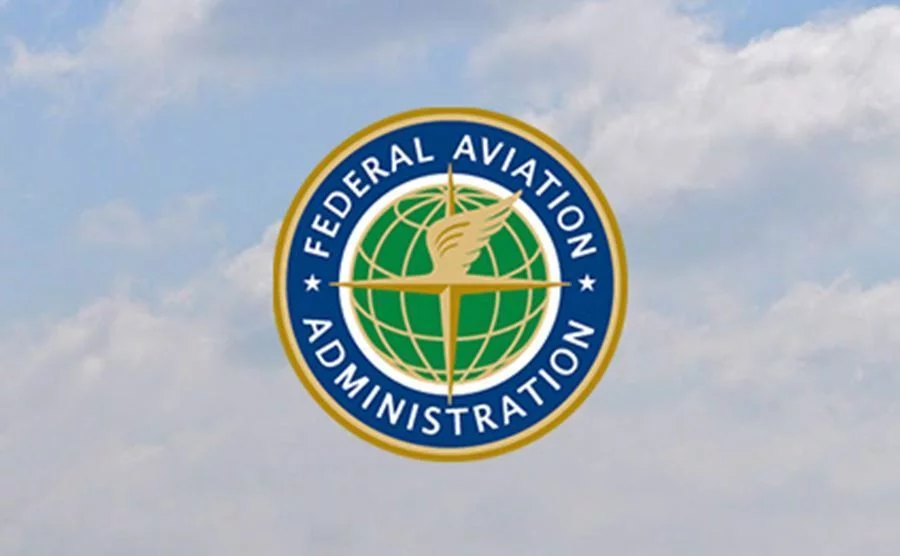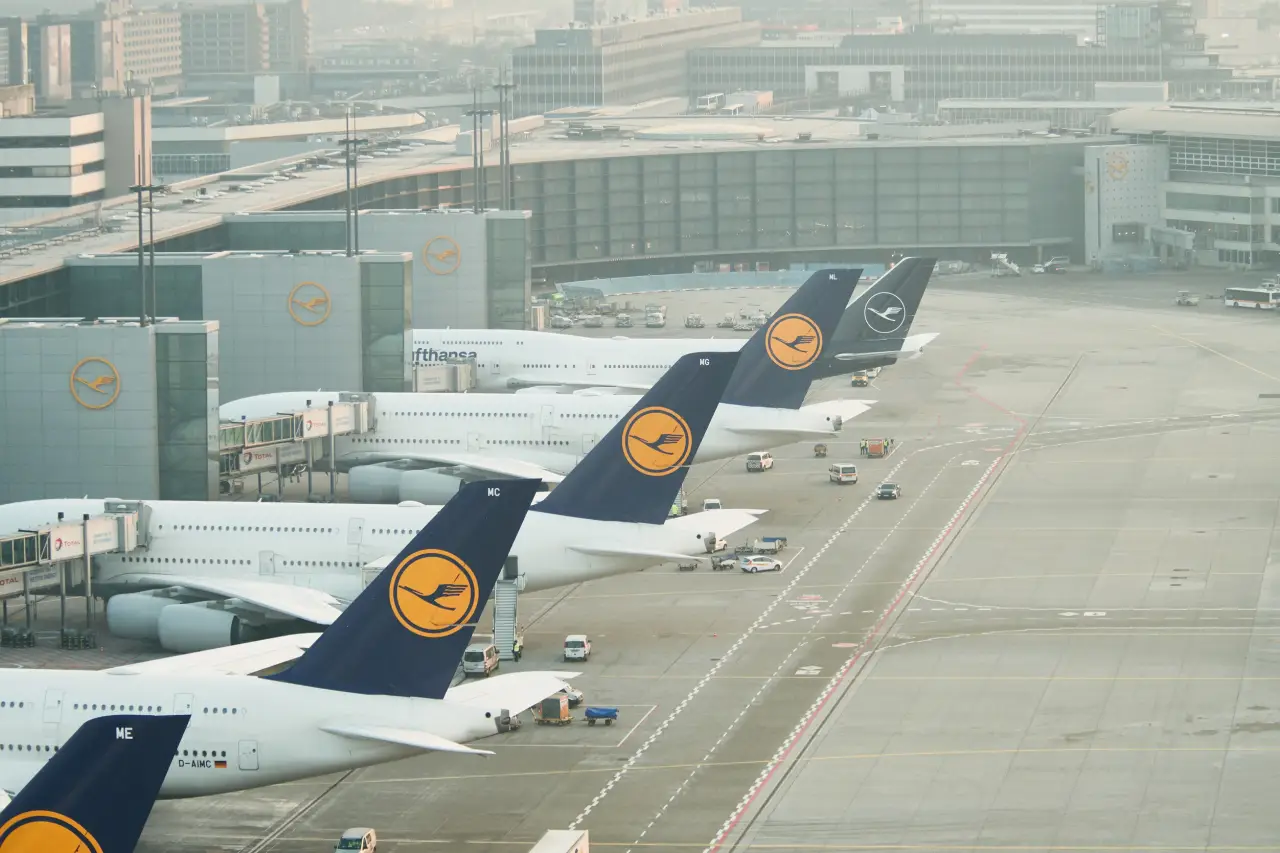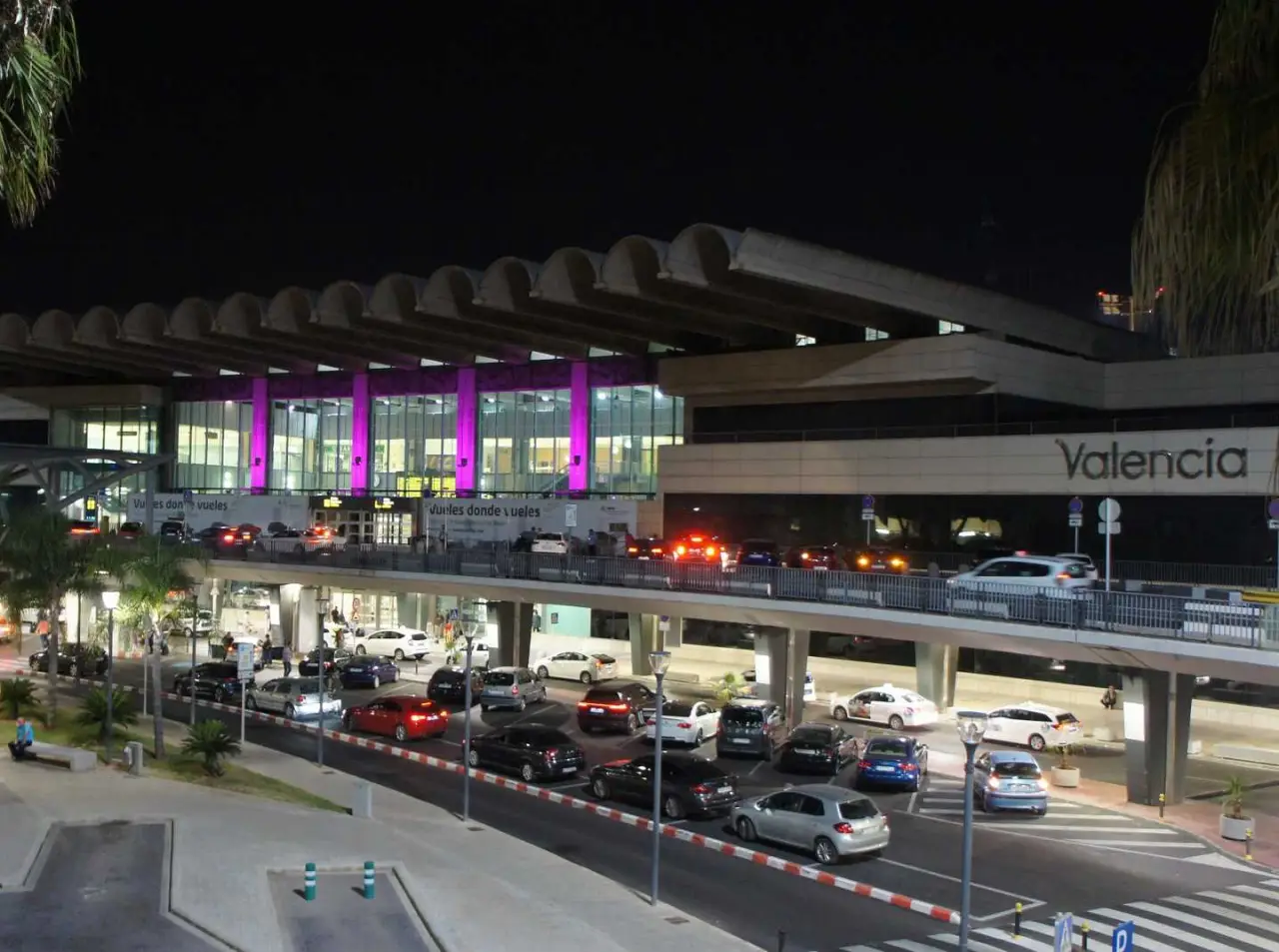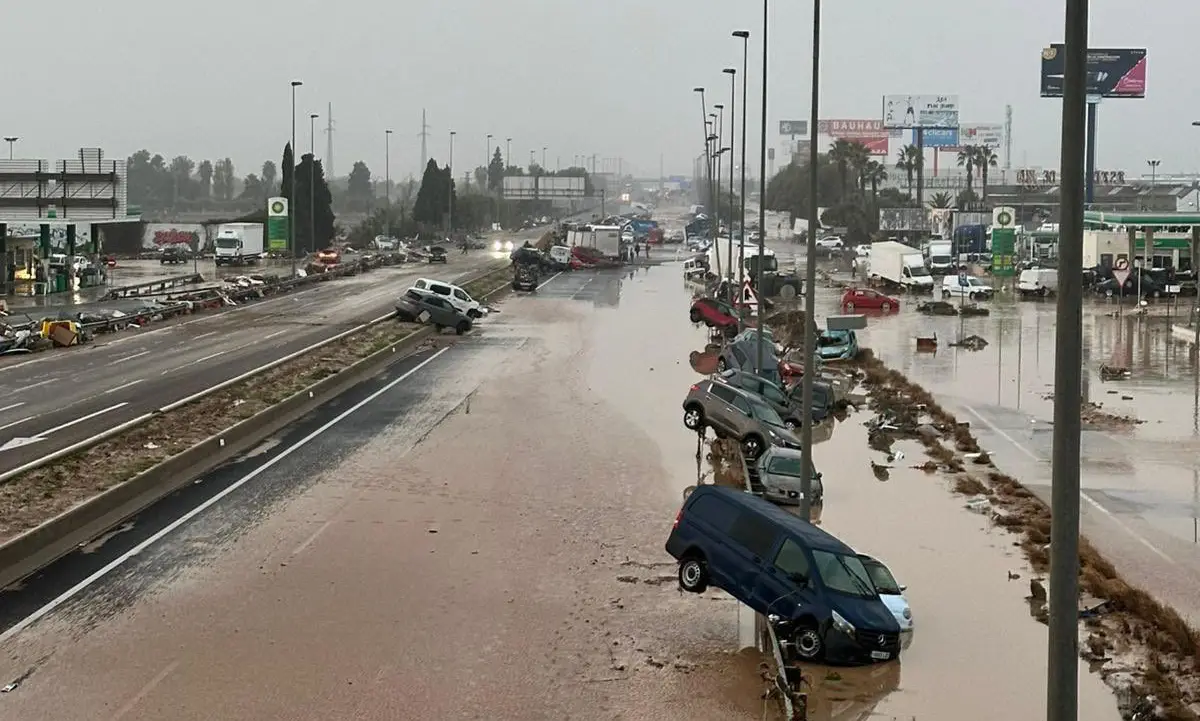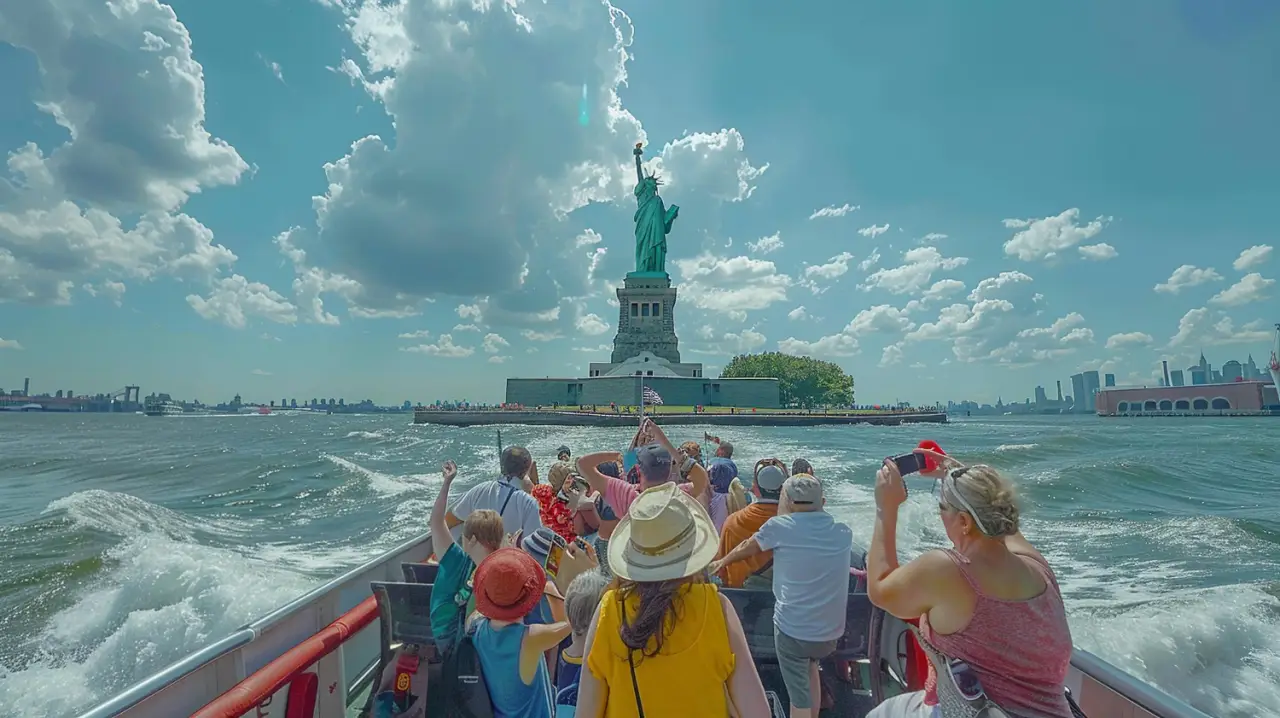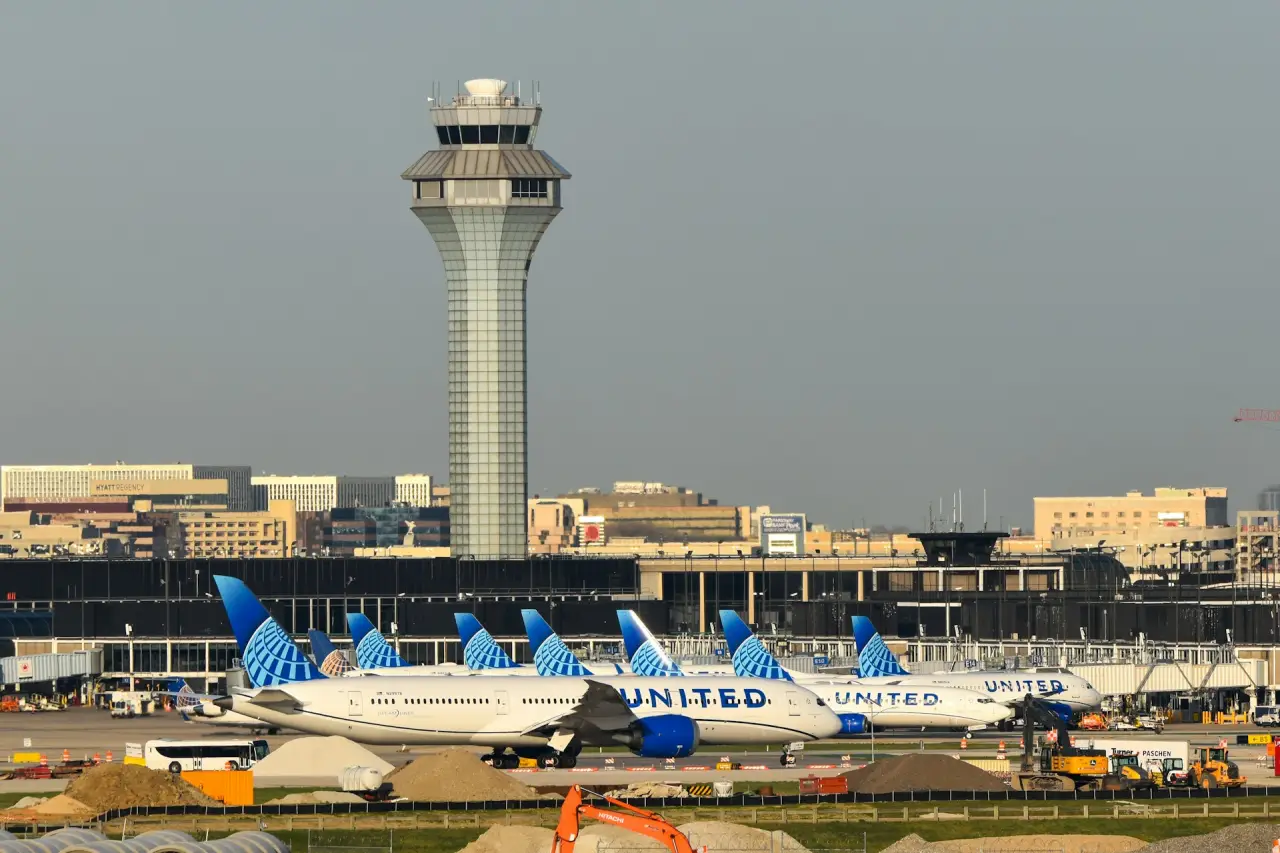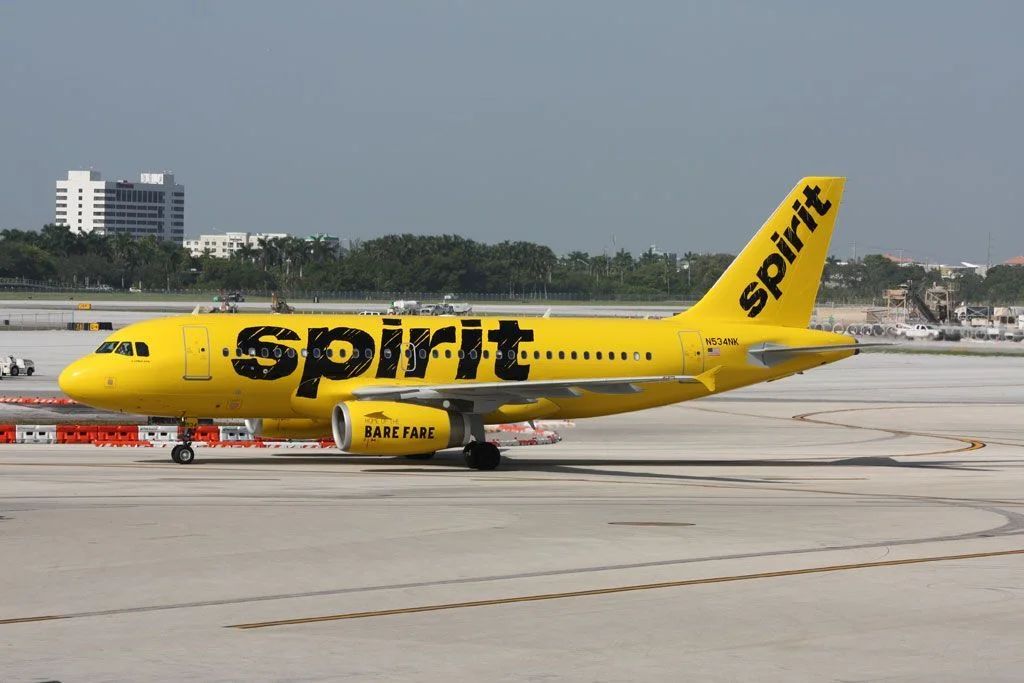The U.S. Federal Aviation Administration (FAA) has issued a 30-day suspension on all civilian flights into Haiti following a shocking incident in which a Spirit Airlines plane was struck by gunfire while approaching Port-au-Prince.
The attack, which took place on Monday, injured a flight attendant and led to the immediate closure of Toussaint Louverture International Airport until at least November 18.
This unprecedented action underscores the escalating violence gripping Haiti as it struggles with pervasive gang control and political instability.
The gunfire incident occurred amidst a wave of violence in the Haitian capital, coinciding with the inauguration of Haiti’s new interim prime minister, Alix Didier Fils-Aimé.
The city, plagued by gang warfare, has seen a series of violent clashes, roadblocks, and a heightened security presence, with the United Nations reporting at least 20 armed confrontations on Monday alone. In response, the UN has diverted flights to the northern city of Cap Haïtien, a relatively safer area.
The FAA’s decision to ban flights to Port-au-Prince could have severe humanitarian consequences.
With gangs controlling approximately 85% of Port-au-Prince, the city remains at the epicenter of Haiti’s crisis, where blocked access to essential supplies has exacerbated an already dire situation.
In addition to restricted air access, a convoy of 20 trucks carrying food and medical supplies was forced to delay its journey to southern Haiti. A separate operation providing cash assistance to a thousand residents in Carrefour, a violence-ridden district, had to be canceled. “We are doing all we can to ensure the continuation of operations amidst this challenging environment,” Dujarric stated, calling for an end to the escalating violence to allow unhindered humanitarian support.
On Tuesday, Port-au-Prince resembled a ghost town. Schools, banks, and government offices closed their doors, while armed police in armored vehicles guarded the area around the airport. Sporadic gunfire continued to echo through the city’s streets, a stark reminder of the volatility that has driven Haiti to the brink of a humanitarian catastrophe.
The United Nations estimates that gang activity controls the majority of the capital, further challenging efforts to restore peace and order. Although a UN-backed mission led by Kenyan police aims to curb gang violence, it has struggled with limited resources, prompting calls for a more substantial UN peacekeeping operation.
Haiti’s escalating crisis follows recent political upheaval. The Transitional Council, responsible for reestablishing democratic governance in a country that hasn’t held elections since 2016, recently dismissed interim Prime Minister Garry Conille after months of tension. The council quickly appointed Fils-Aimé, a businessman, as the new interim prime minister, in hopes of stabilizing the situation.
As Haiti faces one of its darkest periods, the flight ban underscores the urgent need for both national and international action to curb violence and restore stability. However, until conditions improve, the FAA’s decision reflects the difficult balance between ensuring safety for travelers and maintaining essential humanitarian aid for those in desperate need.

